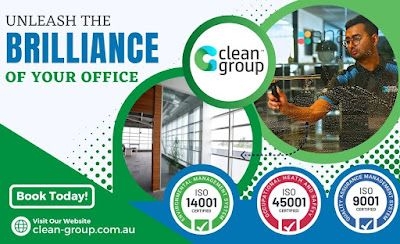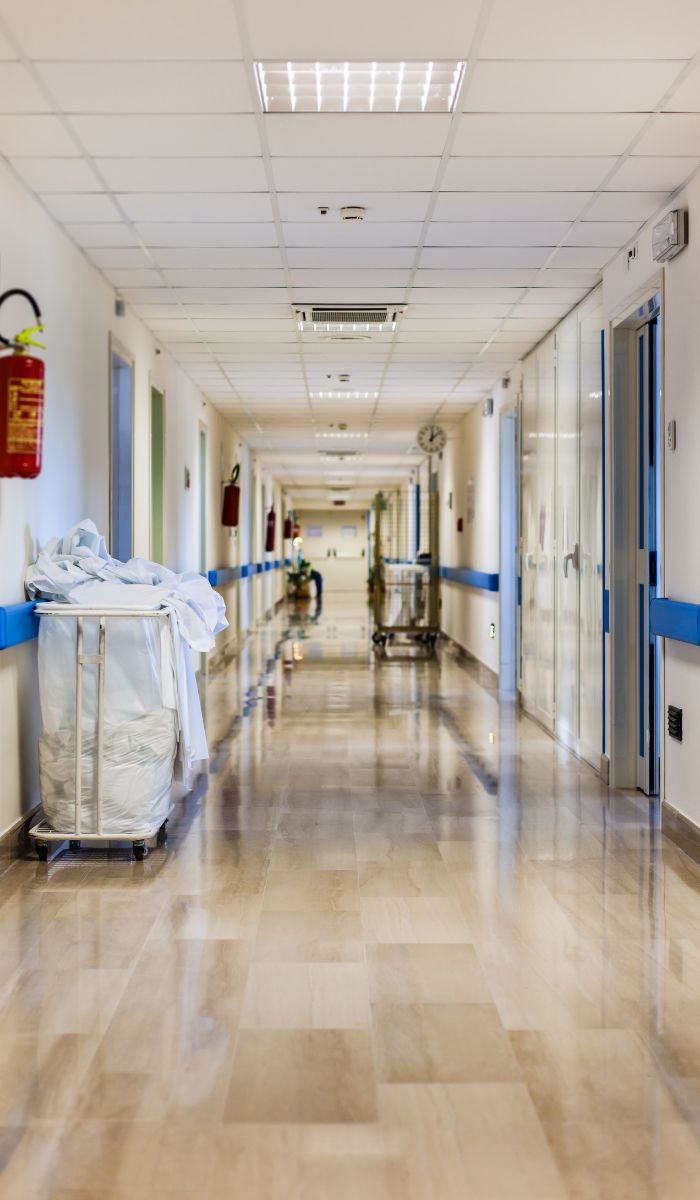
Post-Construction Cleaning Services
What role does cleanliness play in workplace productivity?
Expectations about cleanliness and hygiene stay first as companies keep changing to fit a post-pandemic society. Many companies increasingly see commercial cleaning as a strategic investment in general efficiency, client trust, and staff well-being. A clean, well-kept workplace improves the appearance of the company, lowers the transmission of diseases, and helps to boost staff morale. Businesses that give cleanliness a priority are usually viewed as more responsible and may draw and keep excellent people who appreciate safe, clean workplaces. At Clean Group, we offer Reliable Office Cleaners in Sydney tailored to meet the unique needs of every business. Whether you manage a small startup or a large corporate space, our Professional Office Cleaners in Sydney deliver consistent, high-quality cleaning solutions at competitive prices. With years of industry experience, our team is equipped with cutting-edge cleaning technologies and eco-friendly products to ensure your office is spotless, hygienic, and welcoming. From routine cleaning to deep disinfection and everything in between, we take pride in being one of the most trusted names in office cleaning services in Sydney. Comprehensive Office Cleaning Tailored for Your Business Clean Group provides all-inclusive office cleaning solutions, which include: Supply and replacement of bin liners and toilet rolls Thorough cleaning of office furniture, desks, and common areas Advanced carpet cleaning and floor care Deep cleaning and COVID-19 disinfection services Washroom sanitisation and office toiletries management Our services are designed to accommodate the specific needs of your workspace, with flexible scheduling options such as daily, weekly, or fortnightly cleaning routines.. Commercial cleaning companies are therefore not only responsible for guaranteeing cleanliness but also for designing spaces that support production and a feeling of security.
The impact of commercial cleaning is also becoming more evident in the context of real estate markets. Property owners, especially those in high-end commercial real estate, are recognizing the value of a clean, well-maintained building in attracting and retaining tenants. For example, in office buildings, a well-maintained environment with spotless floors, clean windows, and sanitized restrooms can significantly influence a potential tenant's decision to lease space. Similarly, retail establishments that prioritize cleanliness are more likely to enhance the customer shopping experience and attract repeat business. Cleanliness is not just about hygiene; it's also about creating a welcoming environment that fosters positive impressions and experiences.

